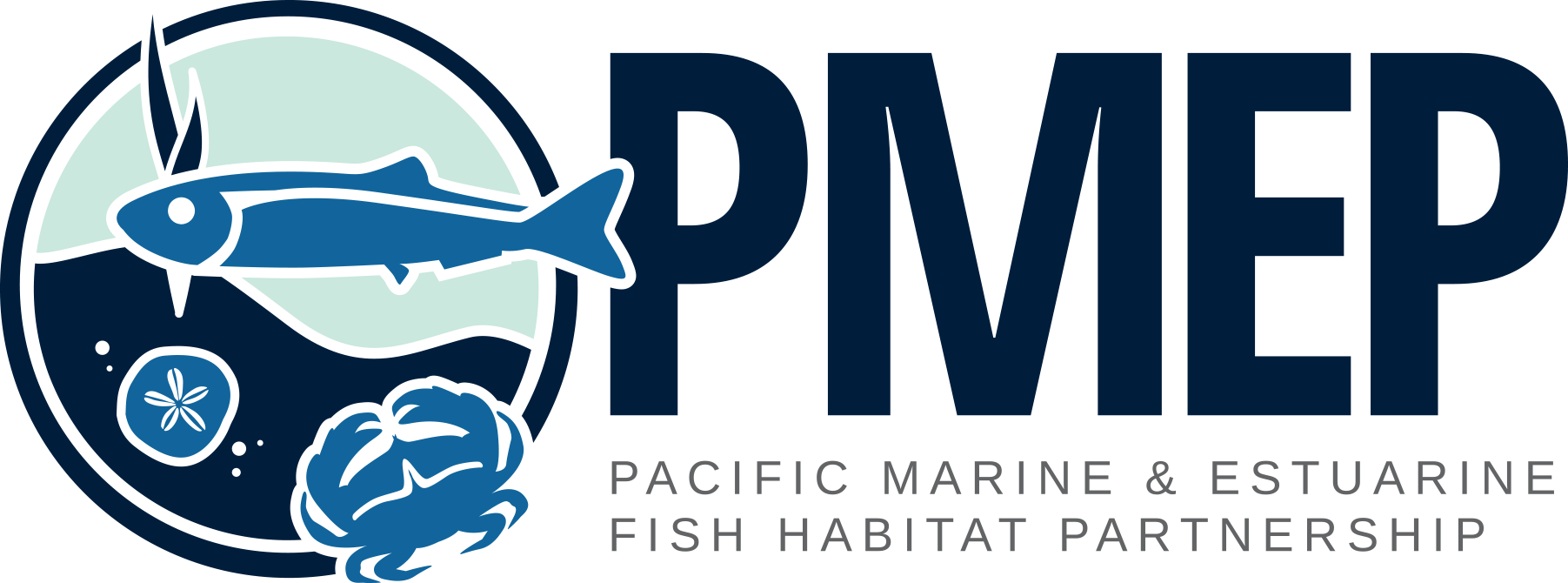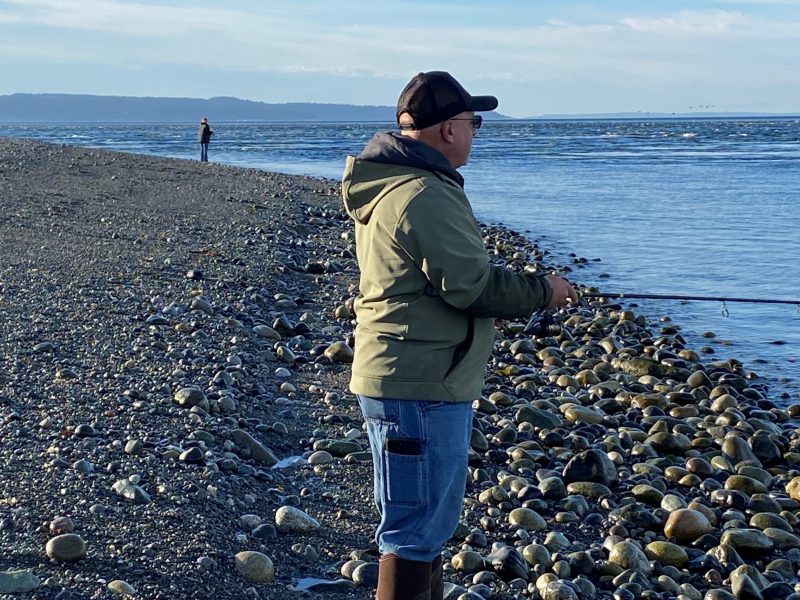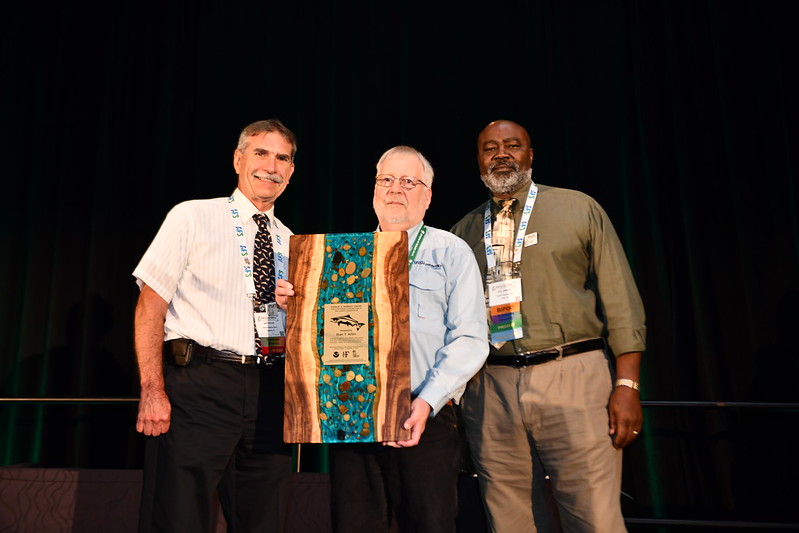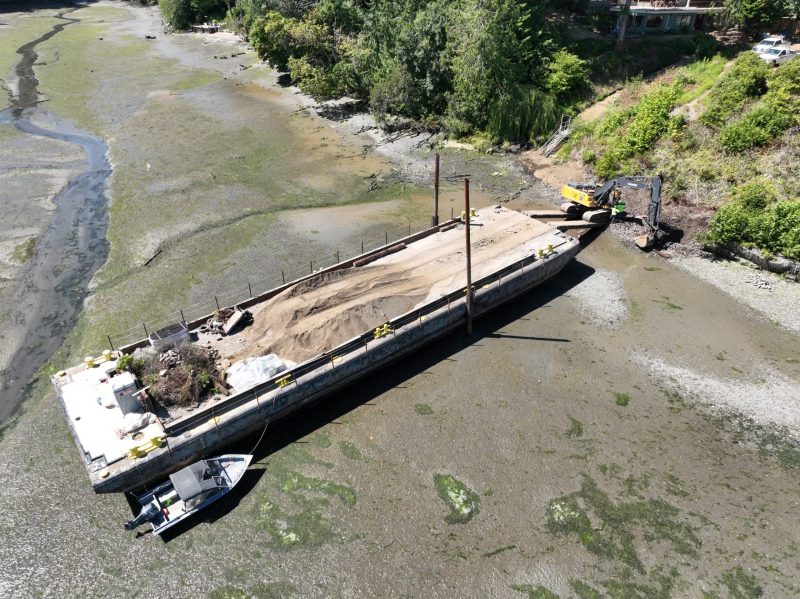The Pacific Marine and Estuarine Fish Habitat Partnership (PMEP) is partnering with NOAA to facilitate proposals for an informal funding opportunity in FY24 for Coastal Fish Habitat Partnership projects that support habitat conservation or restoration and engagement with the recreational fishing community. The total funding available is approximately $150,000.
We are looking for projects that focus on habitat restoration or protection for recreationally important saltwater or diadromous species AND actively engage recreational fishing partners in habitat protection or restoration. This may include, but is not limited to:
a. Direct participation of recreational anglers in habitat projects, including research,
monitoring, and on-the-ground restoration
b. Education and outreach with, by, or for anglers on habitat conservation topics
c. Hosting of an event focused on habitat and recreational fishing opportunity that
engages the recreational fishing community and partners
Sponsors must submit their proposals to PMEP by February 18, 2025 so PMEP can determine its support for the project. Then the project sponsor must submit a completed proposal to NOAA by April 18, 2025.
For the full Request for Proposals and application instructions, go HERE.
Subscribe to our newsletter to ensure you receive announcements of our future RFPs. Subscribe HERE.



